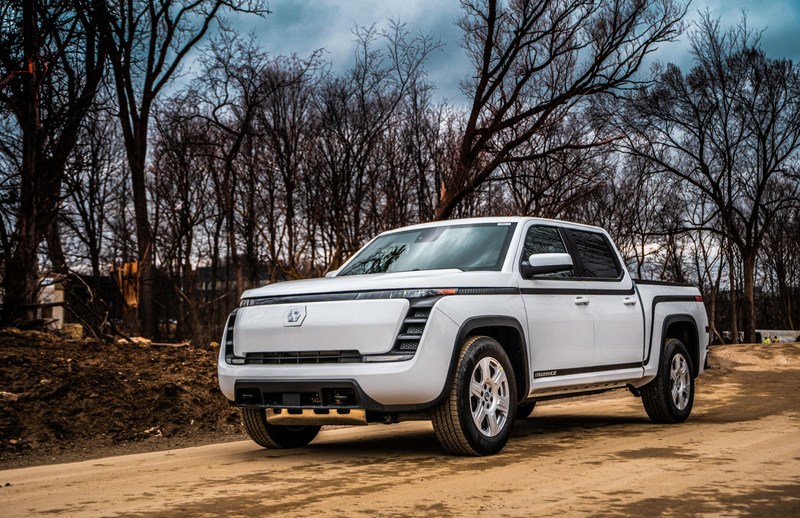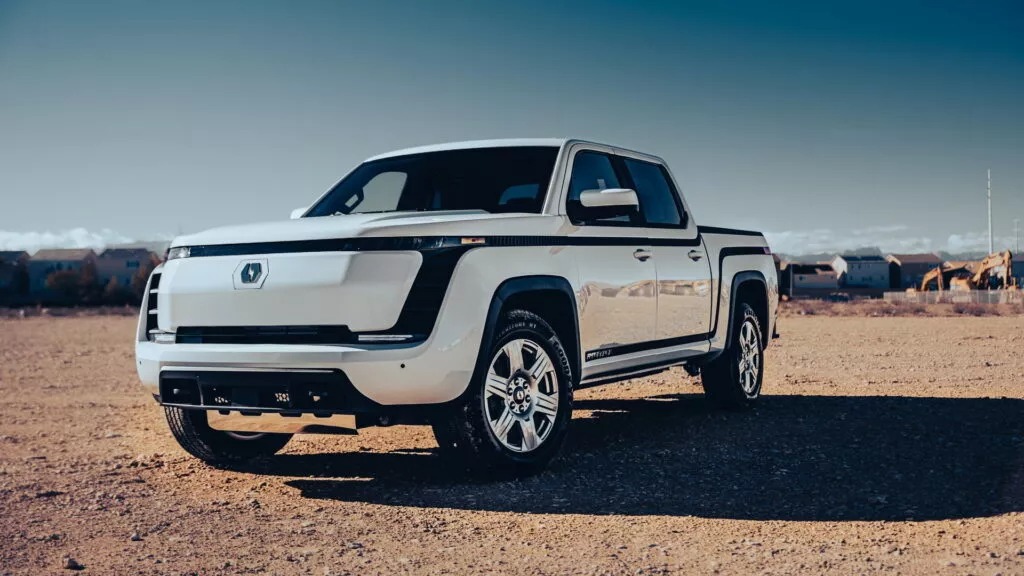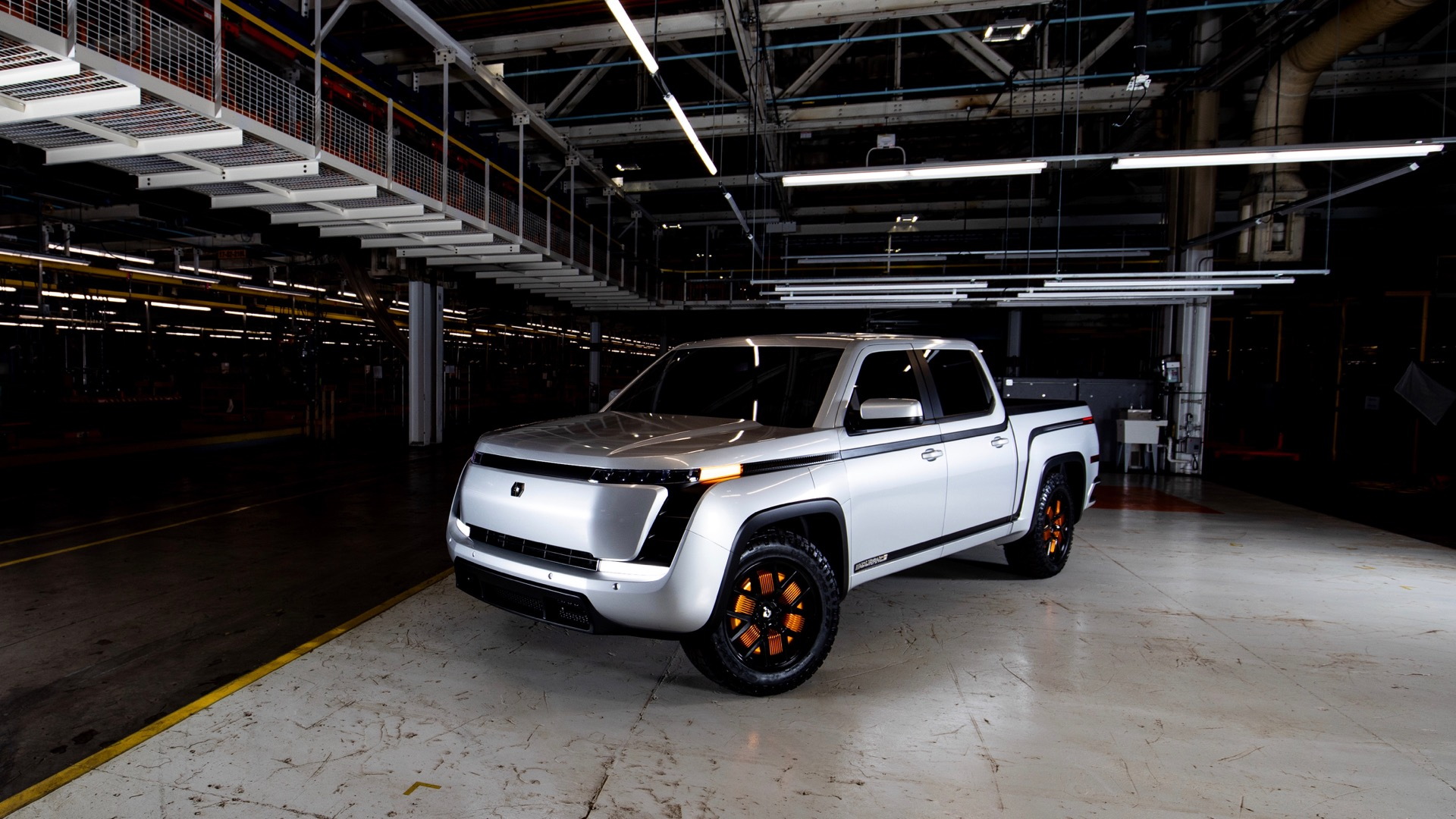Lordstown Motors, the prominent U.S. electric truck manufacturer challenging the legacy Detroit automakers, has filed for bankruptcy protection and initiated the process of seeking a buyer. The company’s financial woes stem from a failed resolution regarding a promised investment from Taiwan’s Foxconn, leading to a drastic 35% drop in Lordstown’s shares on the Nasdaq exchange. While Lordstown’s bankruptcy follows a series of similar setbacks for EV startups that went public during the pandemic-driven SPAC boom, its high-profile status and geographical significance in Ohio make it a notable case.
According to Thomas Hayes, Chairman at hedge fund Great Hill Capital, the Lordstown bankruptcy signifies that the era of successful EV startups may be behind us. Hayes predicts that going forward, the market share battle will primarily be fought between Tesla and traditional incumbents in the automotive industry.
See also: Lordstown Motors Founder Stephen Burns Sells Entire Stake as Company Faces Challenges
Lordstown Motors, named after the Ohio town where its headquarters are located, filed for Chapter 11 protection in a Delaware bankruptcy court. In its complaint, Lordstown accuses Foxconn of fraudulent conduct and a series of broken promises related to an agreement to invest up to $170 million in the electric vehicle manufacturer.
Under the agreement, Foxconn had previously invested approximately $52.7 million in Lordstown and held an 8.4% stake in the company. However, Lordstown claims that Foxconn has reneged on purchasing additional shares as agreed upon and misled them regarding collaborative vehicle development plans.
Foxconn, also known as Hon Hai Precision Industry, famous for assembling Apple’s iPhones, countered Lordstown’s claims by stating that the automaker breached the investment agreement when its stock price fell below $1 per share. While Foxconn expressed a positive attitude toward conducting constructive negotiations with Lordstown, it noted the U.S. company’s reluctance to adhere to the investment agreement’s terms. Furthermore, Foxconn announced the suspension of negotiations with Lordstown and reserved the right to pursue legal action.
See also: Lordstown to Pursue Legal Action Against Foxconn Over Investment Agreement Dispute
The dual filings by Lordstown Motors have set the stage for an international business clash that could amplify scrutiny of Foxconn’s electric vehicle ambitions and partnerships, not only with Lordstown but also with other automakers.
In the lawsuit, Lordstown accuses Foxconn of continuously changing the terms of their collaboration, including failing to meet funding commitments and refusing to engage in initiatives allegedly directed and supported by Foxconn.
Founded in 2018, Lordstown Motors primarily produces the Endurance electric pickup truck, which is manufactured at a former General Motors small-car factory in Lordstown and caters to commercial customers such as local governments. In 2022, Lordstown sold the factory to Foxconn.
Earlier this year, Lordstown temporarily halted production of the Endurance due to quality issues with suppliers but resumed production at a reduced rate in April after resolving those concerns.
If Lordstown fails to find a rescuer willing to restart full-scale production of the Endurance, the Ohio factory could become an attraction for foreign automakers seeking a rapid entry into the U.S. market.
With bankruptcy protection sought and a buyer being pursued, Lordstown Motors currently lacks an initial offer, known as a stalking-horse bidder, which establishes a minimum price for potential buyers to surpass during an auction.
See also: Uncertainty Surrounds Lordstown Motors’ Funding Deal with Foxconn
Lordstown CEO Edward Hightower expressed optimism that the Endurance business could be appealing to another automaker seeking a swift entry into the EV market, especially as the Biden administration’s policies encourage a shift away from gasoline-powered vehicles.
The Lordstown factory, situated in Northeast Ohio, was previously a small-car manufacturing facility owned by General Motors, which decided to close it in 2018. Then-U.S. President Donald Trump and Ohio’s political leaders pressured GM CEO Mary Barra to reverse the decision or find a buyer. Eventually, GM agreed to sell the plant to Lordstown Motors, a newly-formed entity established by the former executive of electric truck maker Workhorse Group.
Similar to other EV startups, such as Nikola and Lordstown itself, which went public in 2020, the company struggled to meet the high expectations of early investors. In 2021, Lordstown’s founder and CEO, Stephen Burns, resigned after the automaker admitted to overstating pre-orders for its electric trucks. Lordstown’s finance chief at the time also stepped down. Burns subsequently sold his entire stake in the company, as reported in a regulatory filing in June.
See also: Lordstown Endurance: Disappointing EPA Rating Raises Concerns Over Performance and Energy Efficiency
While Lordstown faced regulatory investigations and scrutiny from the U.S. Justice Department in 2021 and 2022, Ford Motor launched its electric F-150 Lightning pickup truck, targeting commercial customers. Additionally, EV startup Rivian introduced its luxury electric pickup in 2022, while established automakers GM and Stellantis announced plans for electric pickups. Tesla, led by Elon Musk, pledged to begin production of its Cybertruck later this year.
The bankruptcy filing by Lordstown Motors emphasizes the challenges faced by EV startups in the highly competitive automotive industry, further solidifying the dominance of Tesla and established incumbents in the pursuit of market share.



